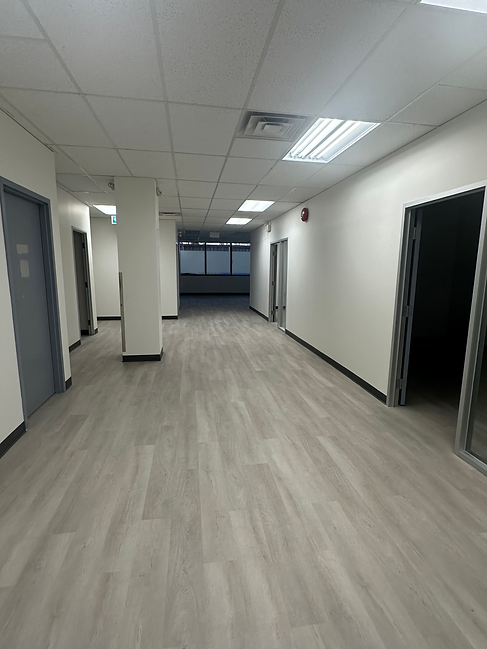Planning your first landscaping project can be both exciting and daunting, but with the right guidance, even beginners can achieve stunning results. Whether you’re starting with a blank canvas or revamping an existing landscape, these top landscaping Richmond Hill tips will help you create a beautiful outdoor space that you can be proud of.
Start with a plan:
Before picking up a shovel or planting a single flower, take the time to create an inclusive plan for your landscape. Consider factors such as your property’s layout, sun exposure, soil type, and existing features. Determine your goals and priorities for the space, whether it’s creating a cozy retreat, adding curb appeal, or growing your own fruits and vegetables. Sketch out your ideas on paper or use online design tools to visualize your plan before getting started.
Focus on the basics:
As a beginner, it’s essential to focus on the basics of landscaping before getting into more complex projects. Start by defining borders and pathways to create structure and flow in your landscape. Incorporate a mix of hardscaping elements like patios, walkways, and retaining walls to add functionality and visual interest. Choose foundational plants like shrubs, trees, and perennials to provide structure and texture while minimizing maintenance.
Implement sustainable practices:
As you plan and design your landscape, consider implementing sustainable practices to minimize environmental impact and conserve resources. Choose native plants that are well-adapted to your climate and require less water and maintenance. Incorporate organic mulch to retain moisture, suppress weeds, and improve soil health. Install rain barrels or a drip irrigation system to efficiently water your landscape and reduce water waste. Consider composting yard waste and kitchen scraps to create nutrient-rich soil amendments for your garden.
Start small and build over time:
Landscaping is a journey, not a destination, so doesn’t feel pressured to tackle everything at once. Start small with manageable projects and build upon your successes over time. Focus on one area of your landscape at a time, whether it’s a small flower bed, a patio, or a vegetable garden. As you gain confidence and experience, you can gradually expand and improve your landscape to achieve your long-term vision.
Landscaping as a beginner may seem intimidating, but with careful planning, patience, and a willingness to learn, you can create a beautiful outdoor space that improves your home and enriches your life. By starting with a plan, focusing on the basics, choosing the right plants, implementing sustainable practices, and starting small, you’ll be well on your way to becoming a successful landscaper.

